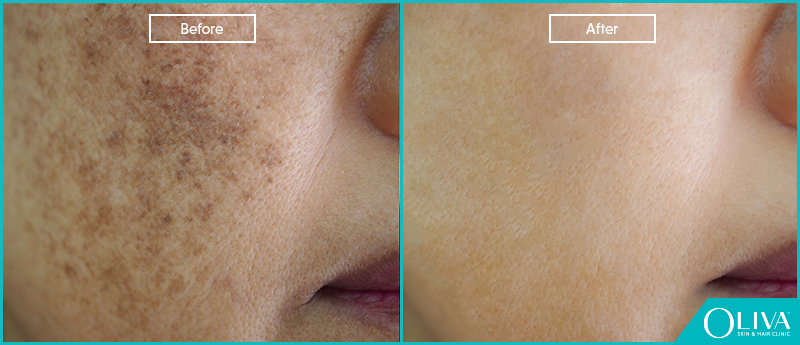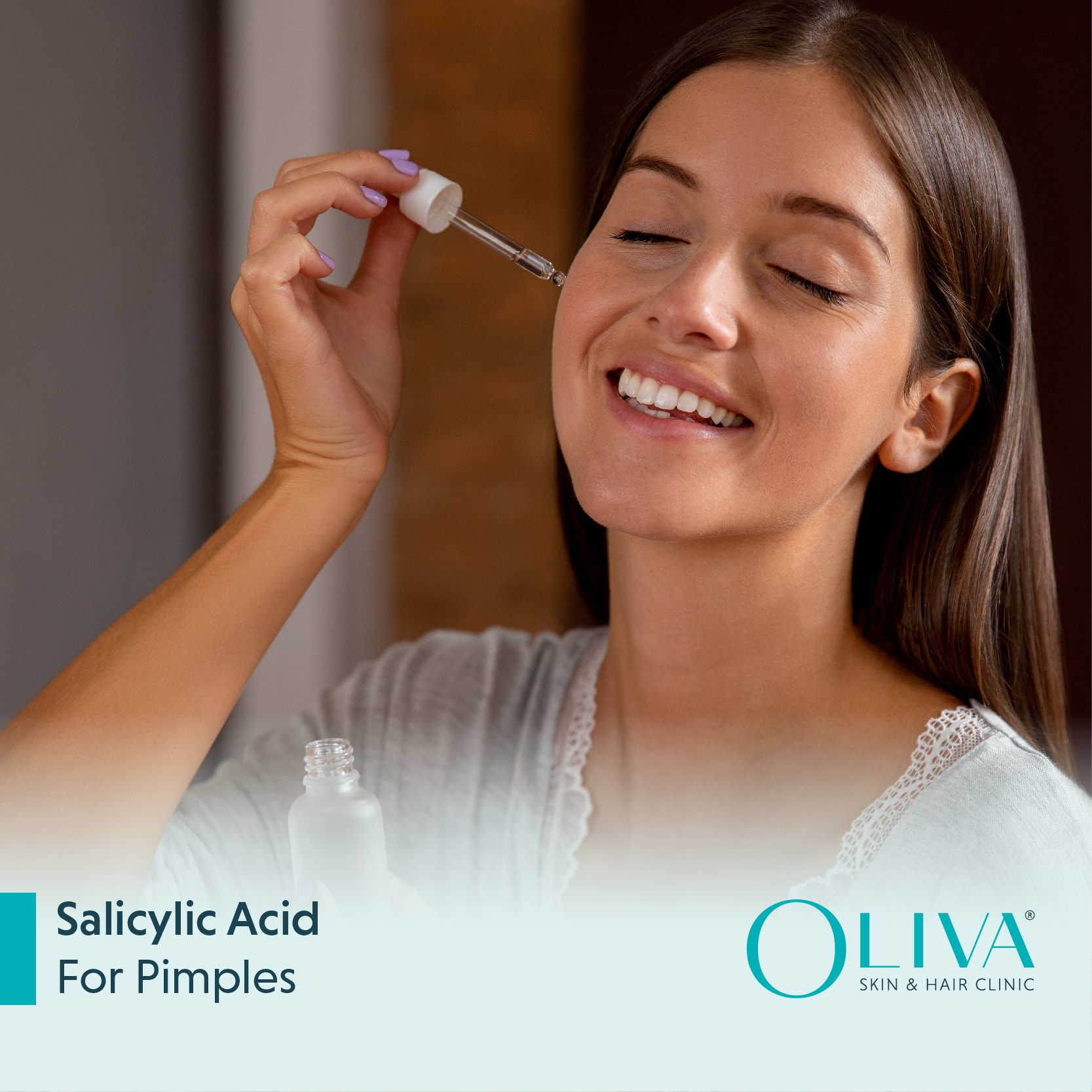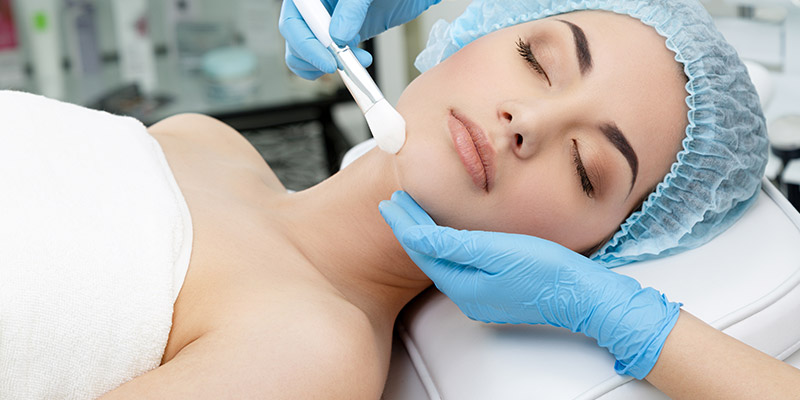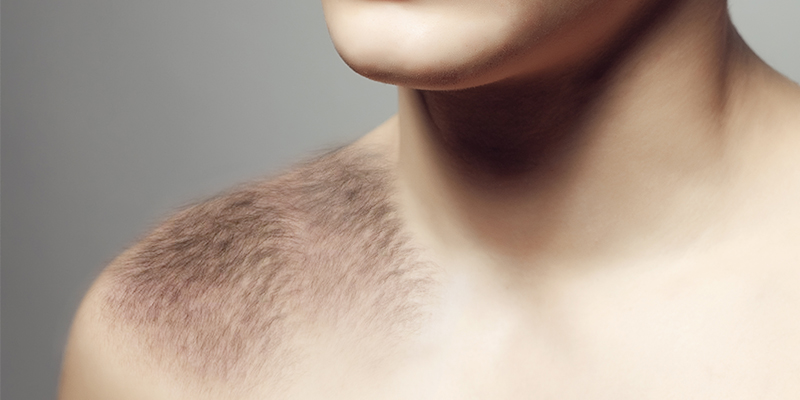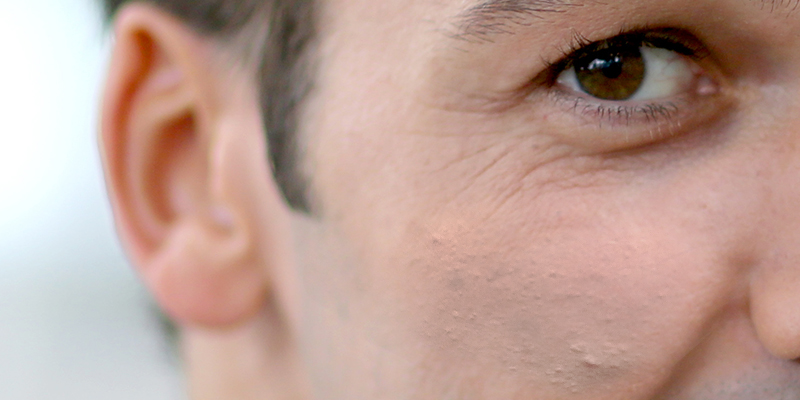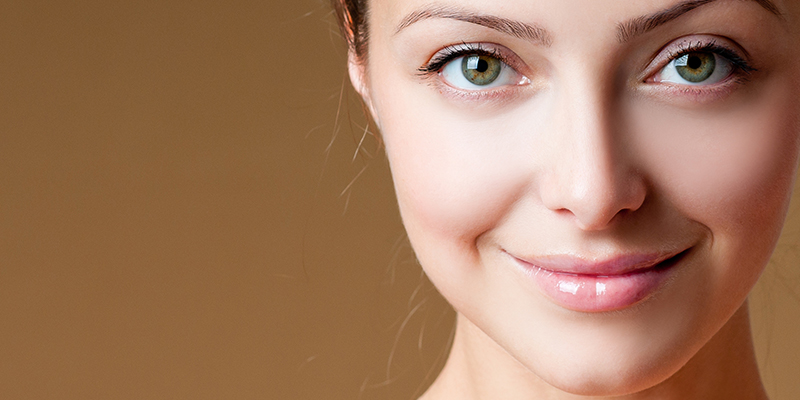In This Article
How To Reduce Excess Melanin in Skin?
It is a common knowledge that every individual is different; whether it is because of their appearance, personality, characteristics or attitude. One of the most glaring differences that we see among individuals, is probably their skin colour. From dark to light to tanned; you can see people with different skin colours. So how do people get different skin colours? Why do some of us have a darker skin tone while some others have a lighter skin tone?
In This Article
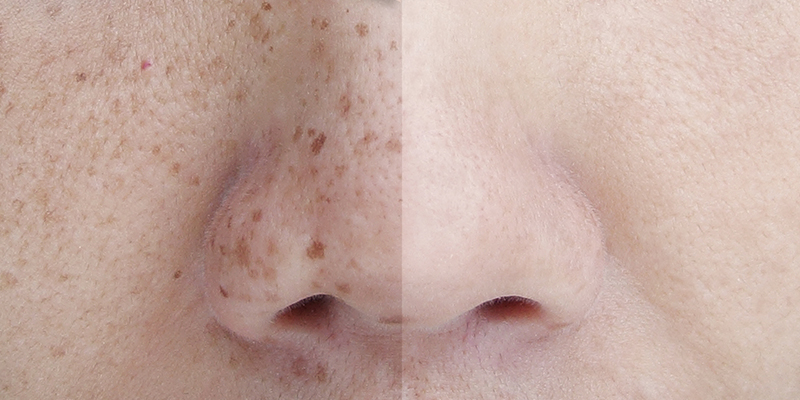
What Is Melanin Pigment And What Does It Do?
The primary pigment which helps in determining the colour of our skin is a known as Melanin. The difference in the skin colour occurs based on the ratio and form of melanin present in an individual’s skin. Whether you are dark-skinned or light-skinned, each of us have the pigment melanin. For some people, there might be over-production of melanin because of which they might have to find out how to reduce it in skin permanently.
Must Read: How To Remove Skin Pigmentation?
Where And How Is Melanin Produced?
The production of this pigment basically takes place within your skin. The cell melanocytes, which are present within the skin, are responsible for the production of melanin in not only humans but also animals. There are two major forms in which it is available One of them is Eumelanin which has a brownish colour and the other one is Pheomelanin which is responsible for the reddish-brown colour. Every individual has almost the same amount of melanocytes. But there are few external and internal factors which affect the melanin production in an individual.
What Causes Excessive Melanin in Skin?
There are quite a few factors which result in excessive melanin pigment production in our body. The main factors include
- UV Rays Exposure: Excess melanin is produced in the people who are more exposed to the UV radiations from the sun. This is because melanin production takes places as a response to the UV radiation.
- Genes: The genes of an individual are one of the major causes for excessive melanin in the body. People belonging to different ethnic groups and cultures are genetically liable to produce specific forms and ratios of melanin.
- Size Of The Melanocytes: The size of the melanocytes will be different in every individual. So people having a larger size of melanocytes may have excessive melanin in their body
- Skin Disorders: There are few skin diseases which result in excessive melanin production. One such disorder is Albinism.
- Apart from these, some of the other causes include hyperpigmentation, malnutrition, adrenal disorder, hormonal changes, liver disorder and vitamin deficiency.
How Does Melanin Affect Skin Colour?
People who have a dark skin tone will majorly produce eumelanin while those who have a lighter skin tone will majorly produce pheomelanin. So when an individual’s body produces less, it means that they will have a lighter skin tone.
Must Read: Which Treatment Is Best For Skin Whitening?
How To Reduce Melanin?
Laser Treatment Melanin
One of the best ways to reduce it permanently is through laser treatment. However, remember that before you go ahead with melanin pigmentation treatment, it is advised to consult your dermatologist for a thorough understanding of the procedure. In a laser treatment, the dermatologist will use USFDA approved laser equipment. This equipment uses specific wavelength of pulse and light to target this pigment which is present in the hair follicle. The intense pulse and light will attack and damage the pigments in hair follicles, which in turn will reduce the growth of hair and thus, help in reducing the amount of melanin in your body. The laser treatment ensures that there is no damage to the surrounding areas of your skin. You might require number of sessions, depending upon the body part which is being treated. Some of the advantages of using this treatment include minimal side effects, less recovery time, positive results, etc.
Must Watch Video: How to Remove Tan and Reduce Melanin In Face
Medicines For Melanin
If not the laser treatment, you can also try through certain creams and lotions.
- Creams which contain hydroquinone are very effective in lightening the skin as it uses hydrogen peroxide to reduce the melanin.
- Monobenzone cream can also be used. When you apply this cream, it reduces the melanin and helps in making the skin permanently fair.
- You can also use skin whitening creams which contain not only chemical ingredients but also some natural extracts which can reduce the ratio of melanin in your skin.
Must Read: Skin Lightening Injection Vs Treatment
Excess Melanin Treatment Before And After Results
How To Remove Melanin Spots From Face?
No one likes their face to be marred with any kind of spots. The below listed measures can help you in getting rid of these displeasing melanin spots –
- Use a hydroquinone cream but ensure that you apply it only on the areas where you notice hyperpigmentation. If not, it will lighten the skin of the surrounding areas as well
- Use a dermatologist prescribed topical retinoid which is effective in destroying the melanin clusters and removing all unwanted spots
- A chemical peel is an effective treatment to get rid of these spots from face. There are different types of chemical peels available so consult with your dermatologist for the right chemical peel
- Laser treatments can also successfully help you in removing these spots from your face.
Must Read: How To Remove Pigmentation From Face Permanently?
Takeaway
Though the melanin pigment is an absolute necessity, excess of this pigmentation can definitely pose some unwanted problems. Hence, if you notice any kind of hyperpigmentation on any of your body part, it is best to Book an appointment with your dermatologist and come up with a solution to control the melanin production.


